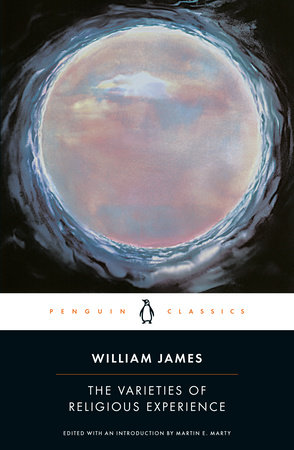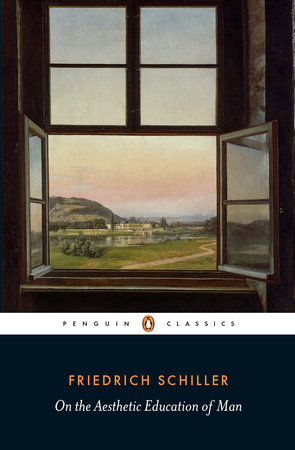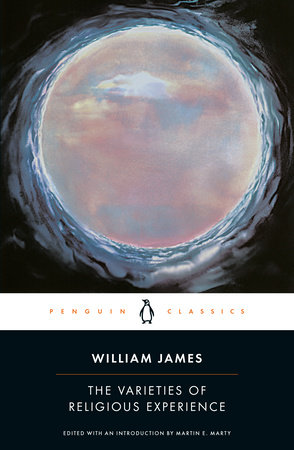

Add to Bookshelf
The Varieties of Religious Experience
By William James
Introduction by Martin E. Marty
Edited by Martin E. Marty
By William James
Introduction by Martin E. Marty
Edited by Martin E. Marty
By William James
Introduction by Martin E. Marty
Edited by Martin E. Marty
By William James
Introduction by Martin E. Marty
Edited by Martin E. Marty
Best Seller
Category: Philosophy | Classic Nonfiction | Essays & Literary Collections
Category: Philosophy | Classic Nonfiction | Essays & Literary Collections

Paperback
$17.00
Dec 16, 1982 | ISBN 9780140390346
-
$17.00
Dec 16, 1982 | ISBN 9780140390346
-
Dec 16, 1982 | ISBN 9781101128084
YOU MAY ALSO LIKE
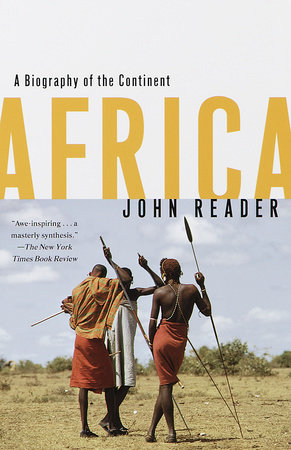
Africa
Paperback
$23.00
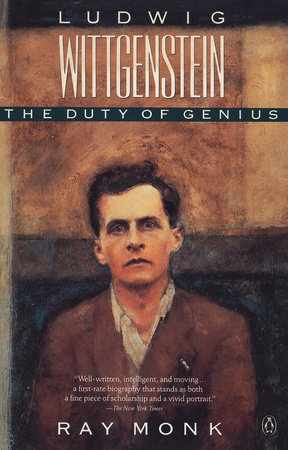
Ludwig Wittgenstein
Paperback
$25.00

Finding a Form
Ebook
$14.99
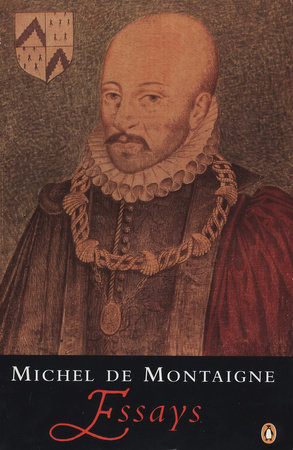
Essays
Paperback
$17.00
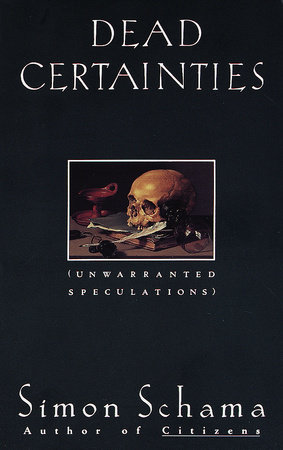
Dead Certainties
Paperback
$20.00
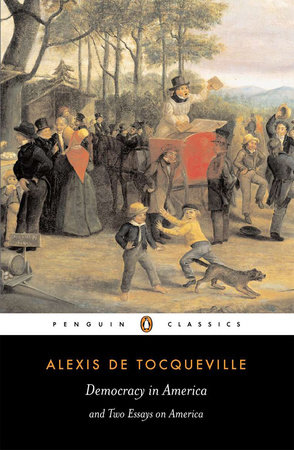
Democracy in America and Two Essays on America
Paperback
$16.00
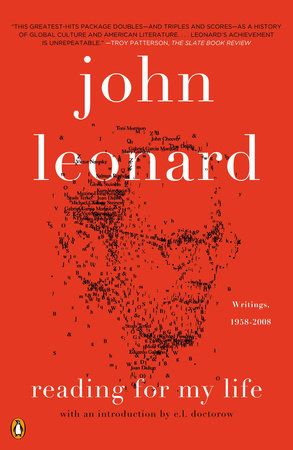
Reading for My Life
Paperback
$24.00

Treason by the Book
Paperback
$24.00
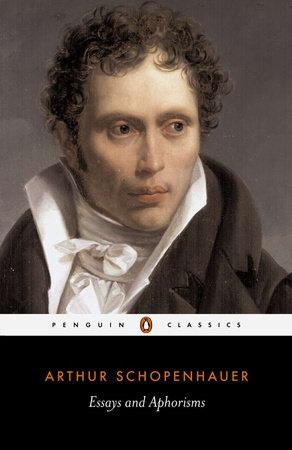
Essays and Aphorisms
Paperback
$16.00
Table Of Contents
Introduction by Martin E. Marty
Suggestions for Further Reading
A Note on the Text The Varieties of Religious Experience
Looking for More Great Reads?
21 Books You’ve Been Meaning to Read
21 Books You’ve Been Meaning to Read
×
Become a Member
Just for joining you’ll get personalized recommendations on your dashboard daily and features only for members.
Find Out More Join Now Sign In








